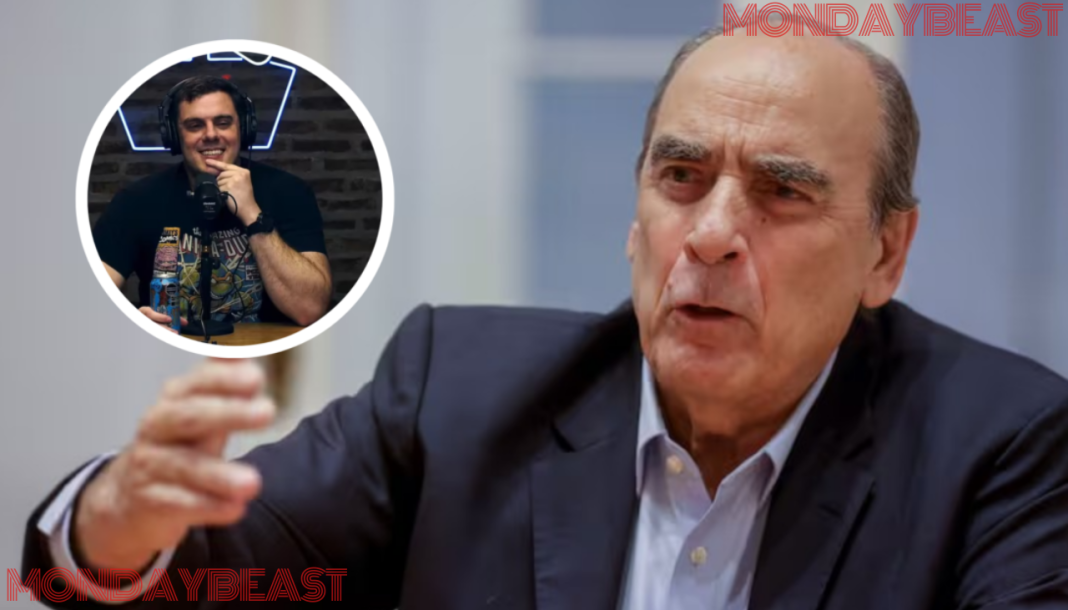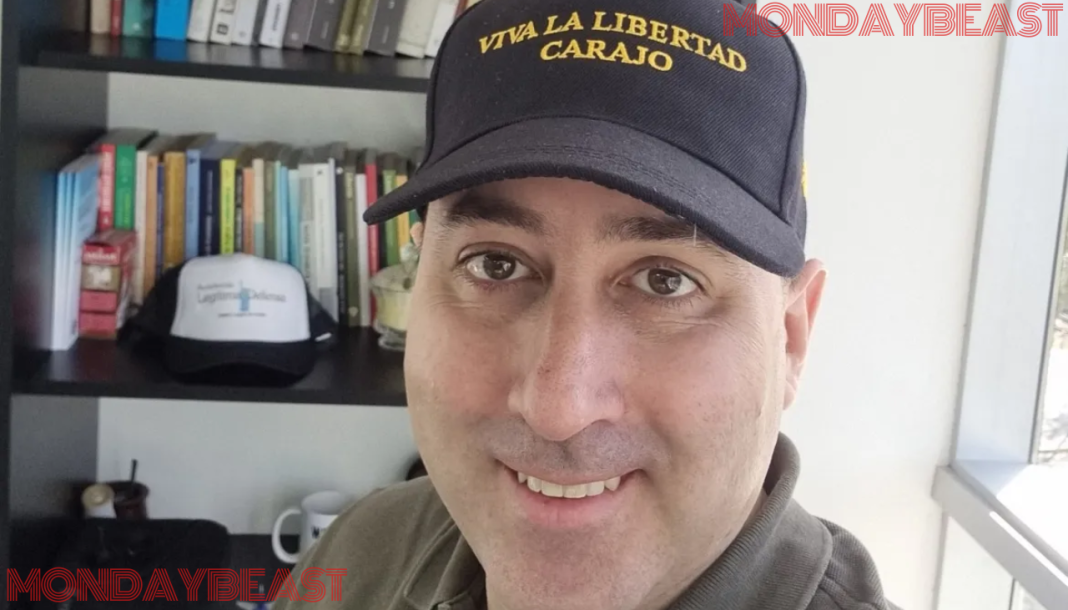In a political landscape rattled by polarization and strident voices, Gordo Dan has emerged as a controversial figure. As Javier Milei’s so-called ‘armed wing’ gains traction, many are left wondering: what does this mean for the future of Argentine politics?
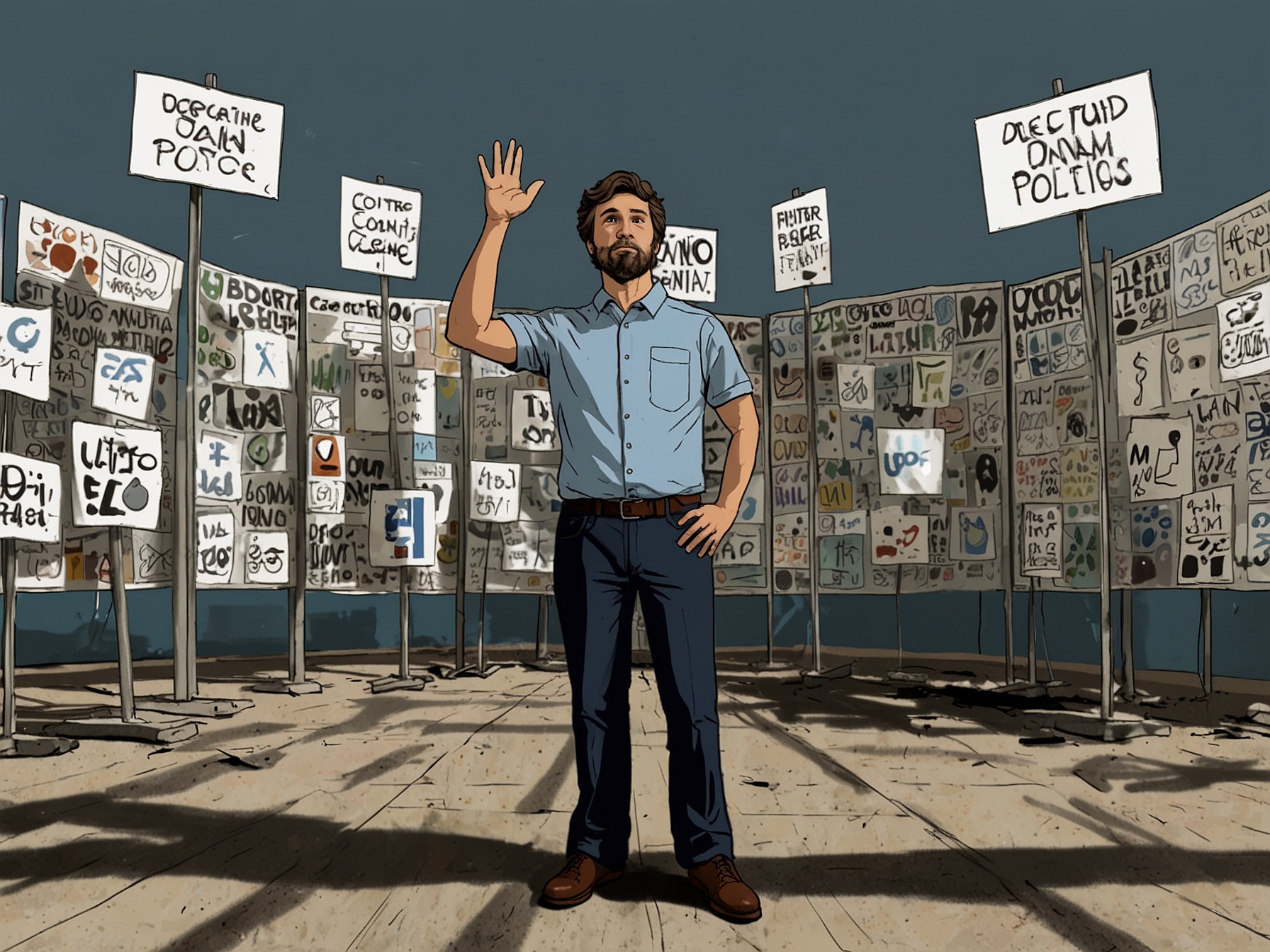
Guillermo Francos, the Chief of Cabinet, recently weighed in. He painted Gordo Dan, whose real name is Daniel Parisini, in a somewhat flattering light. During a radio interview, Francos described him as a clear thinker and a good candidate for La Libertad Avanza in the upcoming 2025 elections. It raises eyebrows, doesn’t it? The very same man who stirred outrage at the launch of ‘Las Fuerzas del Cielo’ is now being positioned for a high-stakes political role.
In the wake of the controversy surrounding that event in San Miguel, Francos sought to deflect some of the negative attention. He claimed that ‘much more is generated around the communication and tweets than in reality.’ Is that true? Can we really separate the digital persona that Gordo Dan has crafted from the man himself?
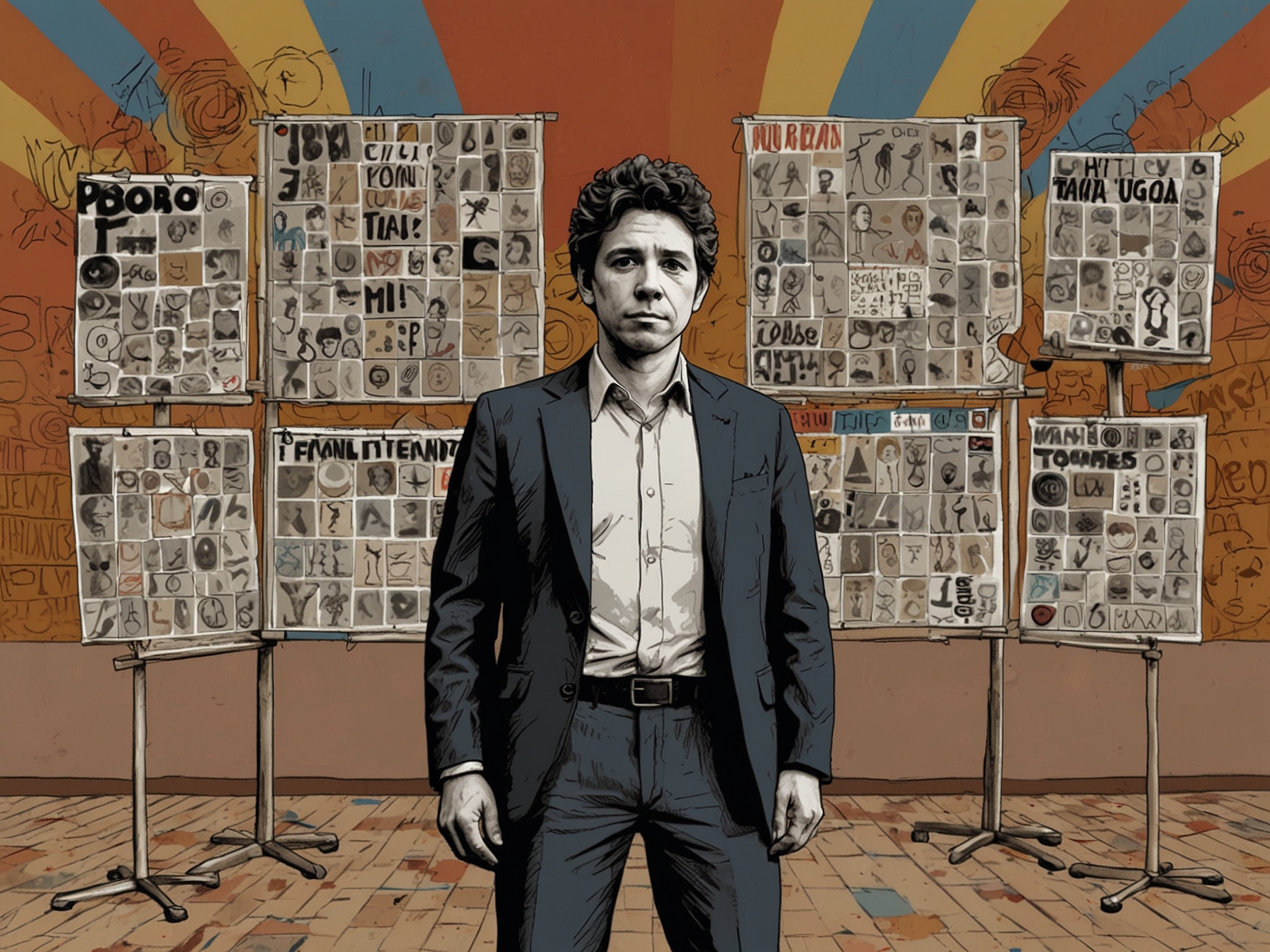
Francos emphasized that Parisini is a professional and a doctor with substantial experience. To him, Gordo Dan isn’t just an extremist voice; he’s a person who believes in freedom in all aspects. But should we trust this portrayal? How can we reconcile this image with Dan’s often aggressive rhetoric?
The picture darkens when we consider Dan’s online behavior. His tweets and live streams are not merely provocative; they are often hostile. He targets statesmen, academics, the LGBTQ+ community, and anyone aligned with opposition politics. Just last August, he earned the Martín Fierro Digital award for having the ‘most influential account’ on X. Does this signal a broader acceptance of inflammatory speech? Maybe a heavy misconception lies here?
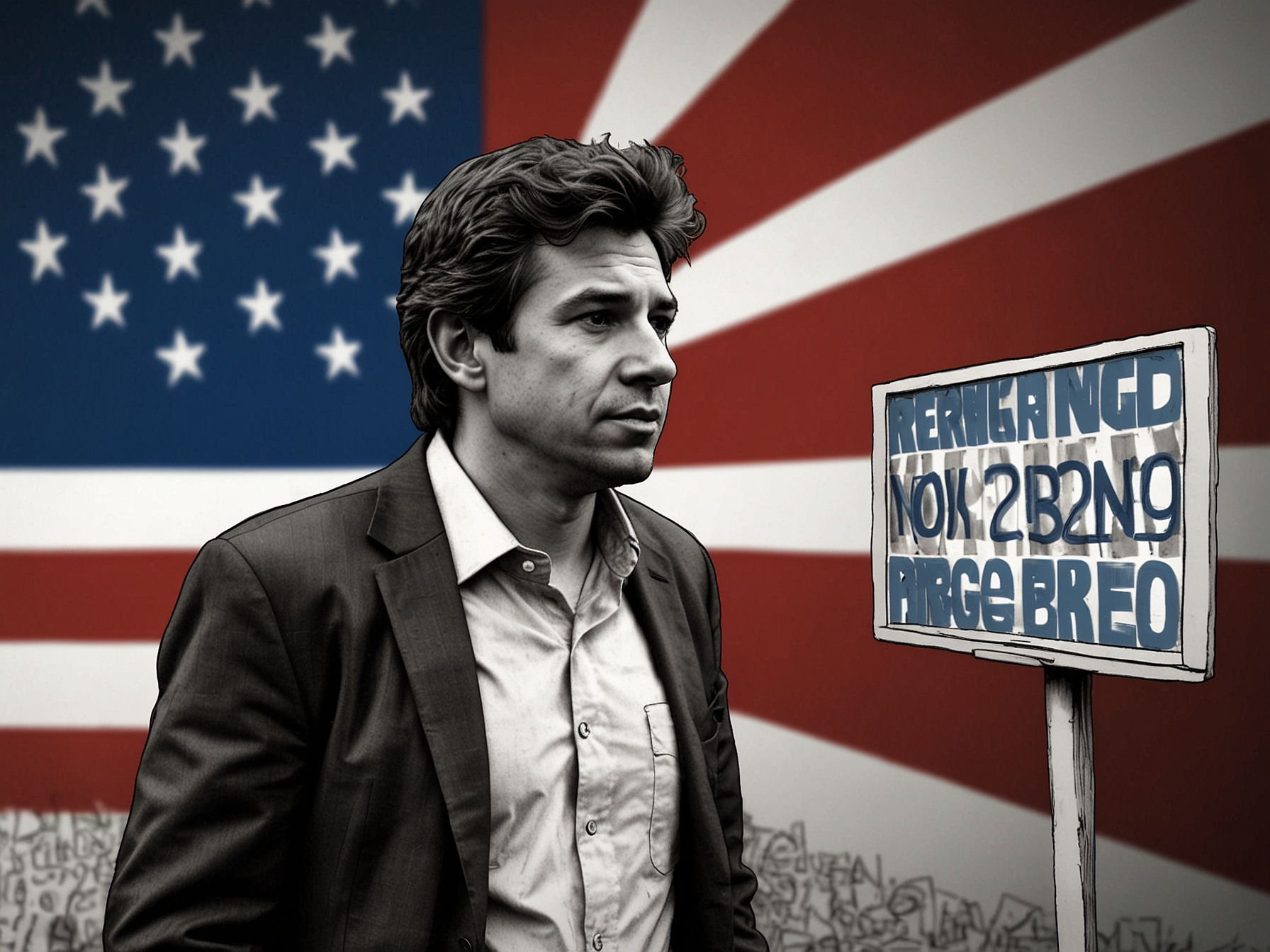
Coming from Santiago del Estero, Gordo Dan is more than just a digital troll. He has attracted a sizable audience—over 268,000 followers on X. This is significant. Can it be that such aggressive online personas can mobilize real political change? Or are they simply echoes in a cavernous digital space?
Despite the backlash, Francos aims to humanize him. ‘He’s a perfectly normal person,’ the Chief of Cabinet insisted; a claim that feels almost dissonant when juxtaposed against Gordo Dan’s divisive actions. It begs the question: how deep does the division run in Argentine society, particularly in online interactions?
It’s easy to dismiss figures like Gordo Dan as mere internet noise. Yet, here he is, gaining ground and potentially influencing national politics. With the shift towards right-leaning ideologies sweeping across various countries, could Gordo Dan be a symptom of a larger global trend?
What happens if he becomes a key player in the elections? Picture the consequences of handing power to someone whose platform thrives on division. Can democracy sustain itself when so many feel alienated?
In the turbulent waters of Argentine politics, the evolving narrative surrounding Gordo Dan serves as a microcosm of wider societal tensions. As we gear up for the 2025 elections, it’s essential to confront these figures, engage thoughtfully, and reflect on the kind of political discourse we really want to foster. This is no longer just about a single influencer; it raises critical questions about the nature of dialogue, representation, and humanity in the digital age.

